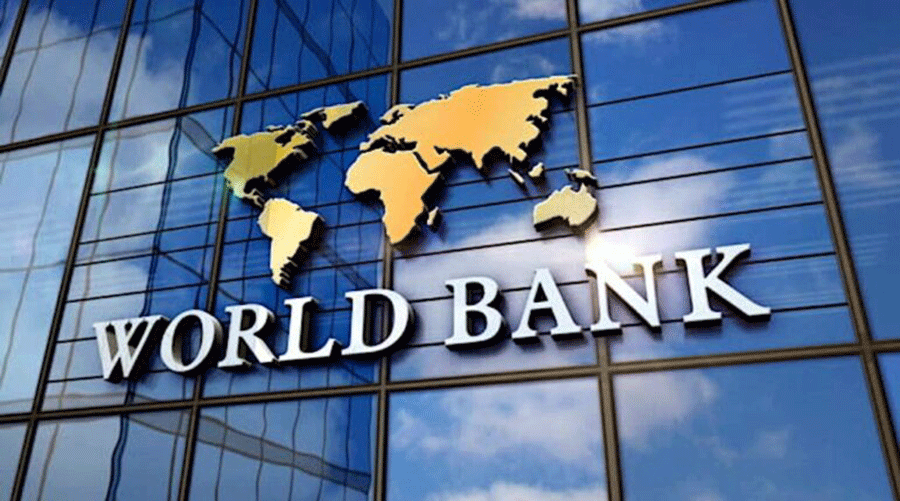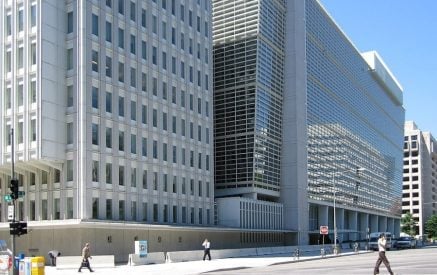The World Bank’s Board of Executive Directors approved $40 million in support of the Enabling the Energy Transition project for Armenia, which will assist the implementation of the Energy Sector Development Strategy to 2040 of the Republic of Armenia. The investments will focus on the rehabilitation of power transmission substations, the adoption of reforms to allow the transmission company to access private financing, and the promotion of energy sector modernization as well as regional energy cooperation among emerging and developing economies in the Europe and Central Asia region.
Armenia’s power sector is heavily dependent on imported fuels, especially natural gas, which creates significant energy security risks, compounded by the global energy crisis. Attracting private investment is essential to fund the large-scale projects needed in the sector. In 2021, 62 percent of Armenia’s total energy supply came from natural gas, followed by oil (16 percent), nuclear (14 percent), and hydro (5 percent), whereas the share of nontraditional renewable energy sources (wind and solar) was only about 1 percent.
“To ensure affordable, reliable, and clean electricity supply for consumers, Armenia needs continued investments in modernizing the power transmission network and improving the commercial viability of the High-voltage Electric Networks of Armenia JSC, the transmission company. Moreover, we expect this project to help reduce greenhouse gas emissions – crucial for mitigating climate change,” said Carolin Geginat, World Bank Country Manager for Armenia.
The project aims to facilitate the integration of an estimated 1.1 GW of renewable energy generation capacity into the transmission grid by 2032, which is enough to power over 690,000 households. This will reduce the annual emissions of net greenhouse gas (GHG) by 540,000 tons. Additionally, it seeks to attract private investment totaling $550 million, upgrade all transmission substations with automated control and digital protection systems, and increase the total capacity of transmission substations from 2,711 megavolt-amperes (MVA) to 3,109 MVA. These efforts are part of a comprehensive strategy to enhance renewable energy adoption, minimize environmental impact, and modernize the grid for increased efficiency and reliability.
Read also
The project is part of the Europe and Central Asia Renewable Energy Scale-Up Multiphase Programmatic Approach (ECARES MPA) Program, with an overall financing envelope of $2 billion equivalent, which was approved by the World Bank’s Board of Executive Directors on March 28, 2024. The ECARES MPA is designed to increase renewable energy capacity in participating countries of the Europe and Central Asia region, support the acceleration of their renewable energy transition, and achieve scale and impact through private investment, while also fostering regional knowledge sharing.



























































